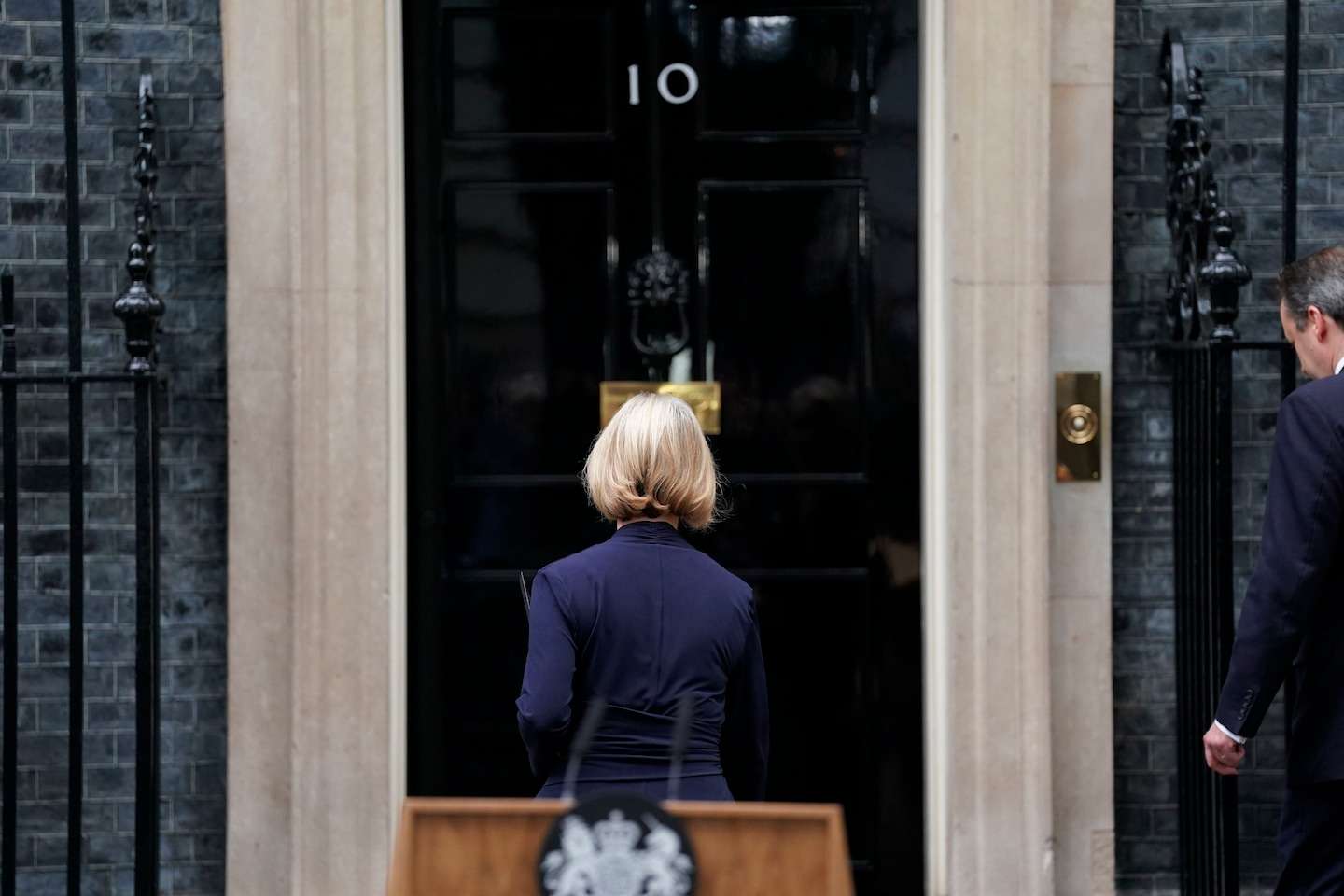Liz Truss lasted a brief six weeks as prime minister. But even with that short period in office, she may have won a lifetime of financial perks offered to former British leaders.
Truss’s brief time as prime minister comes with a lifetime financial perk

It isn’t quite free money. The expenses are audited so that they cannot be used for private or parliamentary purposes (some former prime ministers stay in parliament after being kicked out of the top job, including both immediate Truss predecessors Theresa May and Boris Johnson).
“The costs are a reimbursement of incurred expenses for necessary office costs and secretarial costs arising from their special position in public life,” a government website explaining the Public Duty Cost Allowance reads.
Last year, in response to a written question in Parliament, Minister for Cabinet Office Julia Lopez said in a statement that the expenses were “reimbursement of incurred expenses for necessary office and secretarial costs. These costs can include diary support, Met Police protection on public visits, correspondence, staffing at public visits, support to charitable work, social media platforms and managing and maintaining ex-PMs office (staff, payroll, admin).”
It is a lifetime allowance, and then some. In the event that the former prime minister dies, the salaries of any staff covered by the allowance will be continued for three additional months.
Separately, Truss may be entitled to a personal pension through the Parliamentary Contributory Pension Fund. The amount varies, but the cost has been based on half their annual salary at the time they leave office.
By American standards, the numbers are low. Former president Donald Trump has a lifetime pension of $230,000 a year and is eligible for all kinds of expenses, including Secret Service protection, as are all former U.S. leaders.
Indeed, before Thatcher stepped down from the premiership in 1990, there were few post-office perks for prime ministers at all. Thatcher’s successor, John Major, was reported to feel sorry for Thatcher, who had spent 11 years as prime minister and a further 20 years as a member of Parliament.
Truss will have different concerns, though she may be in some luck: The rate of Public Duty Cost Allowance has been frozen since 2011, but it is up for review next year. With inflation over 10 percent, it may be time for a bump.






